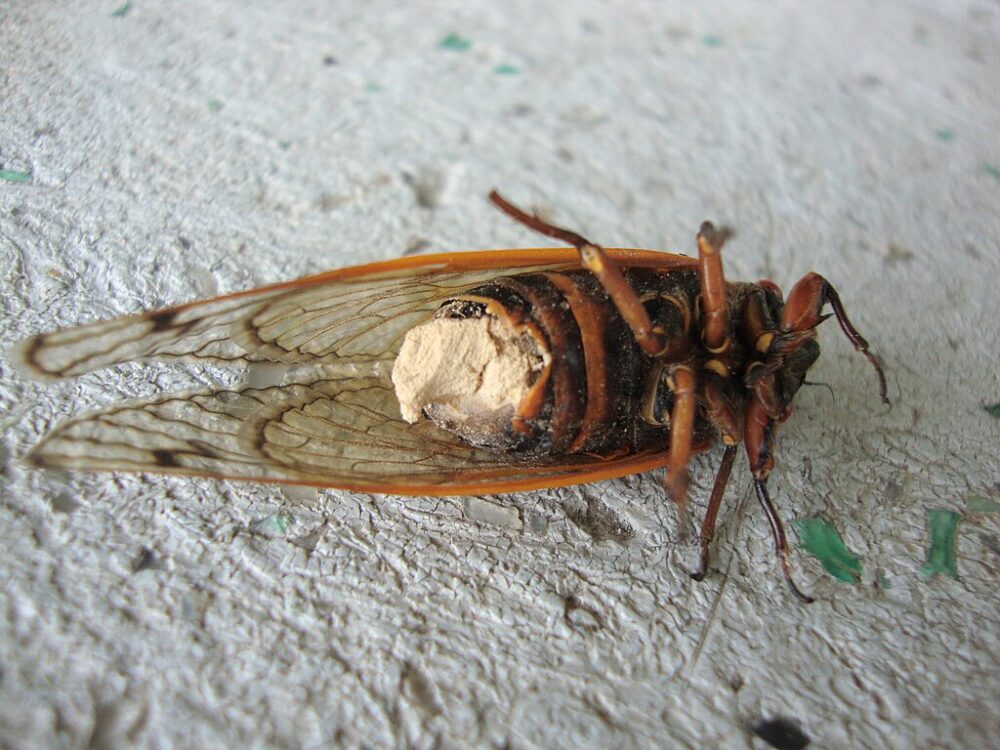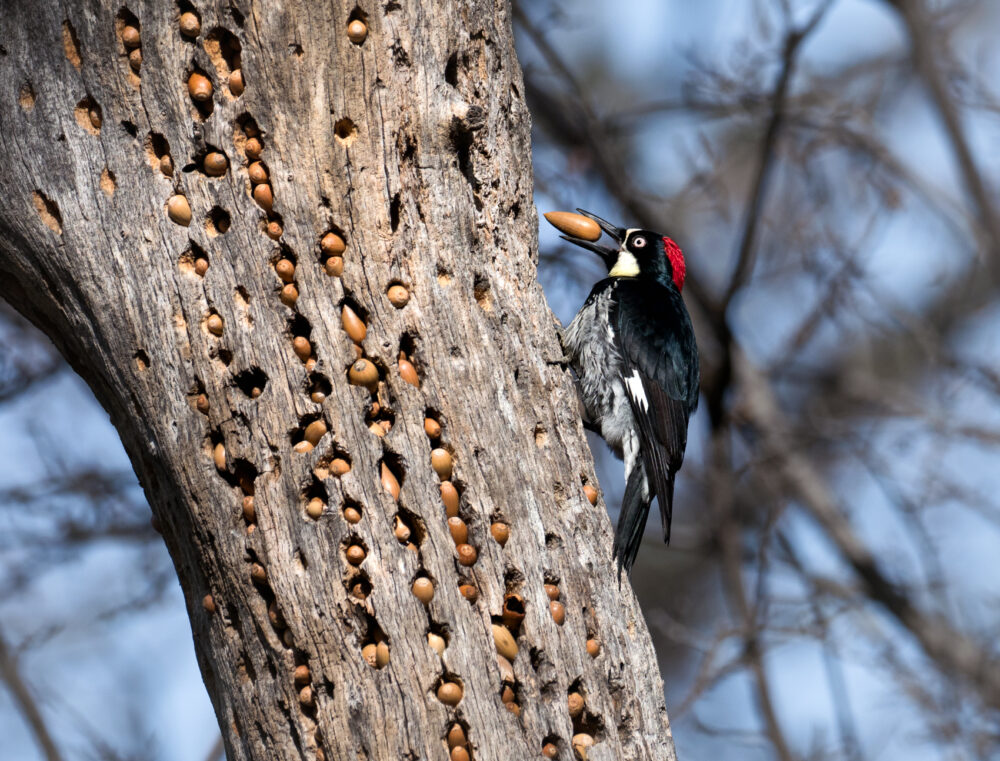We have much more to do and your continued support is needed now more than ever.
What the Federal Budget Means for Wildlife: Climate Change
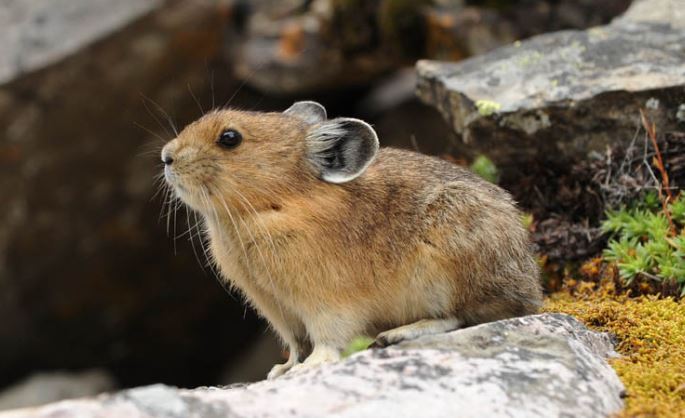
The President’s budget proposal urges a dramatic reduction in funding to combat the threats of climate change. Vital programs that protect air quality, advance clean energy, and prepare for climate threats would lose funding. Rather than adopting the proposed cuts, Congress should provide these initiatives with the funding needed to protect wildlife from increasingly volatile, costly, and damaging climate change.
Many wildlife species are already threatened by climate change. Greenhouse gas pollution from power plants, vehicles, and some types of land use are the biggest contributors to the problem. This pollution is not only warming the earth, but causing more extreme weather. Events like severe droughts, wildfires, sea-level rise, and greater pest and disease problems alter the food web, wildlife health, and migration patterns.
Fortunately, funding for climate solutions cuts this pollution and improves the resilience of wildlife habitat.
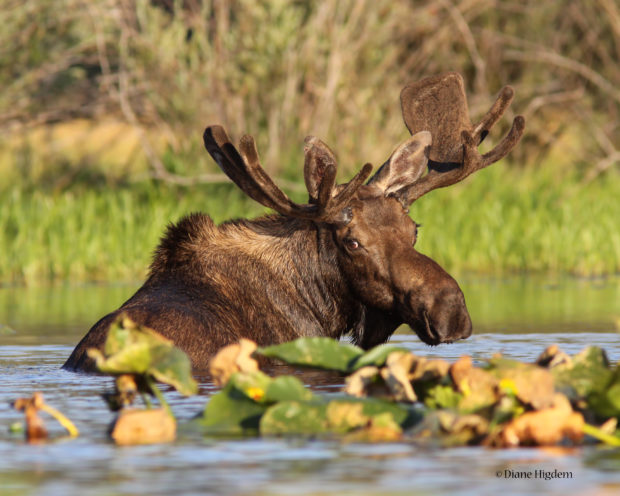
Sadly, the myth that cutting environmental laws and enforcement will protect the U.S. economy has been revived. The President’s budget proposal calls for cuts to climate pollution programs, scientific research, and grants.
Mick Mulvaney, White House budget director, said the decision to eliminate climate funding fulfills a campaign promise:
“I think the president was pretty straightforward: We’re not spending money on that anymore. We consider that a waste of your money to go out and do that, so that is a specific tie to his campaign.”
The President has also stated that what the EPA does is a “disgrace” and that he only intends to leave “a little bit” of the environment for protection. The White House aims to cut hundreds of millions of dollars from climate change research, regulatory programs, advanced energy research and development, state assistance, and international aid and cooperation.
This view and these actions will hurt wildlife and the outdoor economy.
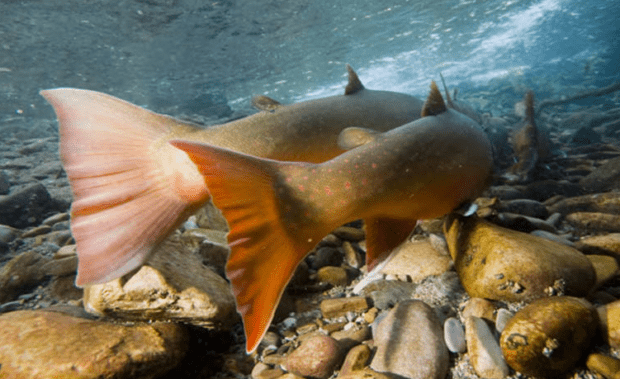
For example, these cuts will stall help for declining moose populations in the Northeast and threatened pika in the West. Plus, the budget ominously declares that EPA’s air pollution work should be “reoriented” to relieve burdens on the economy, cutting state grants for air monitoring and pollution control that protect wildlife and human health.
While the budget proposal is short on specifics, some programs are singled out for elimination:
- All implementation related to the Clean Power Plan, including grants to states to help them comply
- U.S. contributions to the Green Climate Fund and related programs, which limit or reduce greenhouse gas emissions in developing countries and help adapt vulnerable societies to the unavoidable impacts of climate chang.
- The entire Advanced Research Project Agency – Energy, which advances cutting-edge energy research
- Several NASA and NOAA Earth science programs, including satellites that monitor land and sea temperatures, sea-level rise, and predict future climate impacts
- Energy STAR, a voluntary program to identify and promote energy efficiency in products, homes, and buildings
- The Advanced Vehicle Manufacturing Technology Program and other clean energy loan guarantee programs
- The State Energy Program, which gives grants to states to adopt clean energy
- The Low-Income Home Energy Assistance Program (LIHEAP)
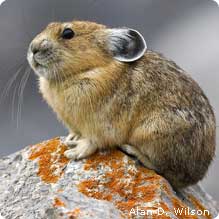
The budget would also eliminate a flood hazard mapping program and other disaster mitigation programs. These programs protect wildlife like the loggerhead sea turtle from sea-level rise and increasingly severe flooding events.
These cuts, if enacted, would hurt efforts to reduce climate pollution by:
- canceling carbon standards that reduce pollution and spur innovation
- impairing states’ ability to implement clean energy goals and protect people and wildlife from climate impacts and air pollution
- burying scientific research and stalling innovation in climate solutions that create jobs and cut pollution
- severely damaging our leadership status and market advantage across the globe
Congress, states, companies, and individuals must continue to advance our clean energy future. Without strong federal funding for these climate initiatives, wildlife, habitat, and human health will pay the price.
MAKE YOUR VOICE HEARD: Tell Congress you oppose the White House’s proposed cuts to the climate budget. Ask them to ensure robust funding for wildlife and conservation!
Take ActionTell your Members of Congress: Don’t Let Drastic Budget Cuts Devastate Wildlife


